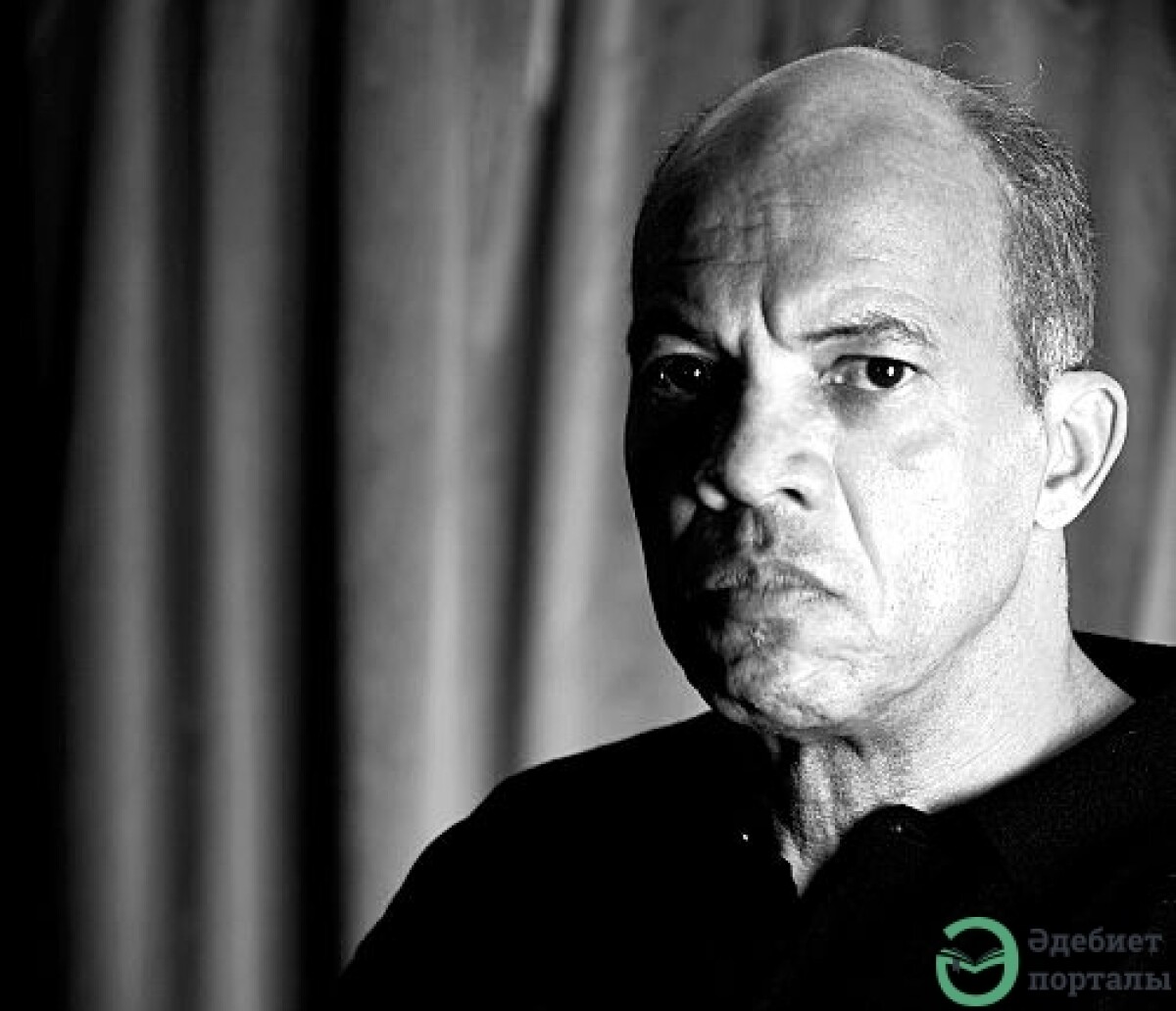John Edgar Wideman
John Edgar Wideman, (born June 14, 1941, Washington, D.C., U.S.), American writer regarded for his intricate literary style in novels about the experiences of black men in contemporary urban America.
Until the age of 10, Wideman lived in Homewood, a black section of Pittsburgh, Pa., which later became the setting of many of his novels. An outstanding scholar and athlete at the University of Pennsylvania (B.A., 1963), he became the second black American to receive a Rhodes scholarship to the University of Oxford (B.Ph., 1966).
Wideman joined the faculty of the University of Pennsylvania in 1966, and the following year he published his first novel, A Glance Away, about a day in the lives of a reformed drug addict and a homosexual English professor. His second novel, Hurry Home (1970), is the story of an intellectual alienated from his black ancestry and the black community. After serving as director of the university’s Afro-American studies program from 1971 to 1973, Wideman published The Lynchers (1973), his first novel to focus on interracial issues.
Wideman left Pennsylvania to become a professor at the University of Wyoming (1975–85). The so-called Homewood Trilogy, an historical exploration of family and community, comprised two novels, Hiding Place (1981) and Sent for You Yesterday (1983), and a collection of short stories, Damballah (1981). In Brothers and Keepers (1984), his first nonfiction book, he contemplated the role of the black intellectual by studying his relationship with his brother, who was serving a life sentence in prison.
Wideman joined the faculty at the University of Massachusetts in 1985. He was the first author to twice receive the PEN/Faulkner Award for Fiction, for the novels Sent for You Yesterday and Philadelphia Fire(1990). He also wrote the short-story collections Fever (1989) and The Stories of John Edgar Wideman (1992), the nonfiction book Fatheralong: A Meditation on Fathers and Sons, Race and Society (1994), and the novel The Cattle Killing (1996).
Share:









